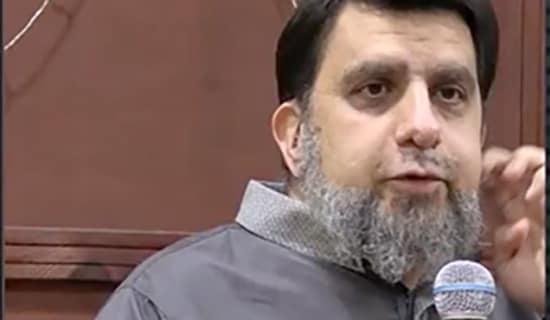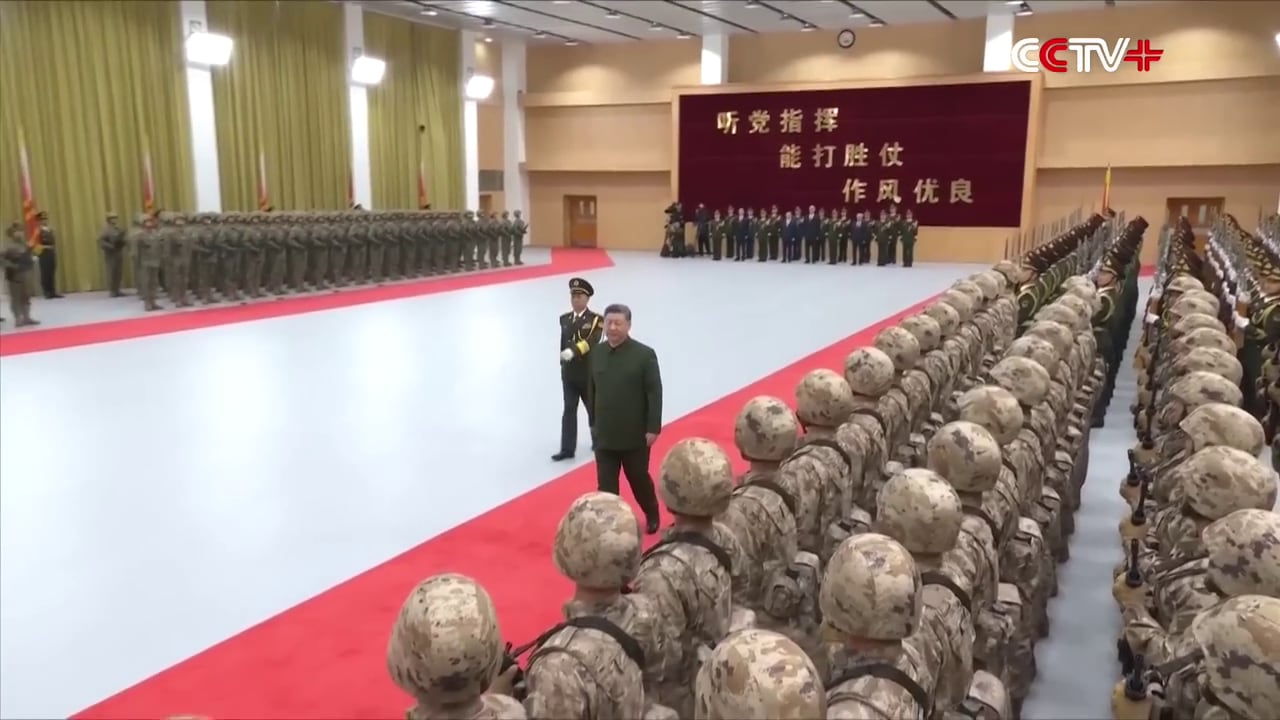
IRGC Aerospace Force Commander General Amir Ali Hajizadeh said in an April 23, 2020 interview on Channel 2 (Iran) that he would like to thank the start-up companies, the universities, and the people from Iran’s Ministry of Defense and Aerospace Industries Organization for their help in the construction of the first-stage engine of the missile that launched the Noor satellite into orbit on April 22, 2020. Saying that Iran is now a superpower, he said that the Noor satellite’s orbit passes over the U.S. and other countries that Iran can’t fly planes over, and he went on to explain that the first-stage engine used liquid fuel that is also used in surface-to-surface missiles because it was a cheaper option. He elaborated that the first-stage engine had belonged to an old missile that had been in storage, and that in the future, Iran will develop a solid-fuel first-stage engine. Furthermore, he said that since Iran used a portable launch pad, it has no need for a stationary command center. He also promised to advance Iran’s space technologies, to strengthen Iran every day, and to secure Iran such that nobody would dare threaten it. Later in the interview, General Hajizadeh said that the Americans have a false sense of security, that they only threatened to attack Iran and its cultural sites after hearing the Iranian people’s chants of revenge following the assassination of Qasem Soleimani, and that Iran had a plan to strike 400 targets in the event that the U.S. retaliated immediately after the Ayn Al-Asad attack.
Amir Ali Hajizadeh: "I must thank the start-up companies, the universities, the dear people who have helped us with his project, the dear people of the Defense Ministry, and primarily the people in the Aerospace Industries Organization, for the construction of the first-stage engine (used in launching the Noor satellite). It uses a liquid fuel that we use in surface-to-surface missiles.
[…]
"Today, space is open to all. We can get anywhere. (Noor's) orbit passes over America and many countries over which we cannot fly planes.
[…]
"Why does the first stage use liquid (fuel)? Honestly, we wanted to cut expenses. The behavior of our second and third-stage engines had not been tested outside the atmosphere. We did not have accurate information and we couldn't raise the funds for heavy testing. We didn't want to do several experiments consecutively and encounter problems. The first-stage engine belongs to a very old missile. It was in storage, so we took it and used it for this. We wanted a shortcut and to do what was the cheapest. Now that there are fewer variables and that we have seen results, the first-stage engine will also use solid (fuel), Allah willing. Solid fuel enables the use of a smaller missile. As you saw, we launched from a portable launch pad. This means that we do not need a stationary space (command) center. We can do this from anywhere in the country.
[…]
"(America) has a false sense of security. I do not know about Trump's advisors. They were falsely confident that Iran would not respond (to Qasem Soleimani's assassination). They had been certain of this, but a few days after (Soleimani's) martyrdom, when they felt that people were chanting slogans of revenge, they began to worry, and they said: 'If Iran does anything we will target 52 locations!' When they referred to 'cultural sites,' they were talking about the Leader's offices.
[…]
"Thanks to the grace of God we are a super-power today. I say this decisively. America, and even greater powers, will not dare do anything. What they said had been intended for domestic purposes. With determination and strength, we promise to the Iranian nation that we will advance the space technologies. We will grow stronger every day in every field, because this is what the honorable Leader ordered us to do. We are responsible for the military fields and we will advance them. We will grow stronger with determination, and God willing, the country will be secure, so that nobody will dare to threaten us or to even give us a threatening look.
[…]
"We were ready to strike 400 targets. That was our plan. We said (to ourselves) that they would respond within 20-30 minutes (to the Ayn Al-Asad attack) and that if they respond, we would strike 400 targets."












